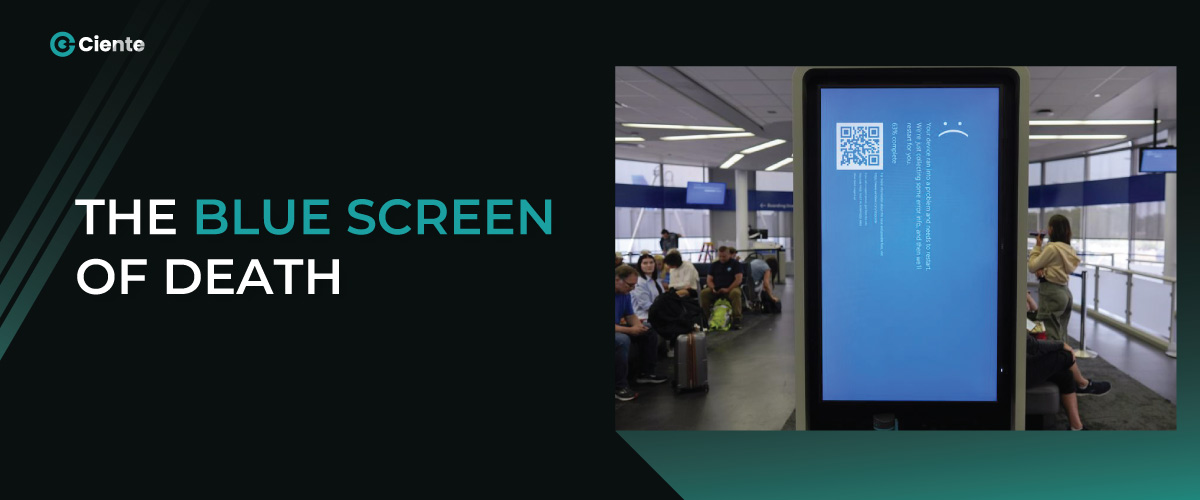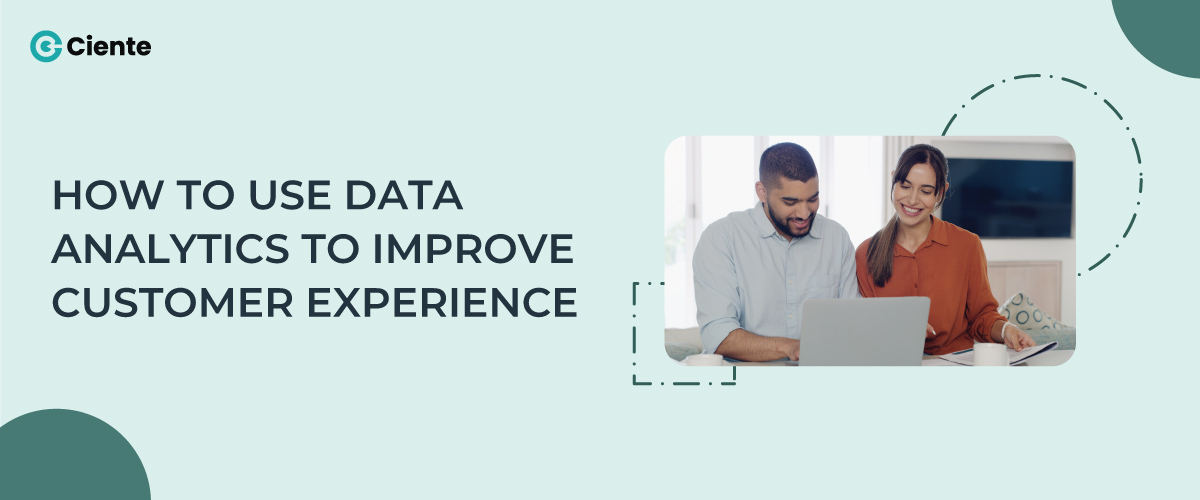As companies rush to scale sales personalization, they must understand the importance, strategies, and the ethical conundrum it poses in the process.
Sales personalization has gained a lot of traction during the pandemic. Businesses that understood the term had an easier time surviving and even thrived. A study by McKinsey during the pandemic revealed that 71% of consumers expected personalization, while 76% of consumers got frustrated when they did not receive it.
So, what exactly is sales personalization?
In technical terms, sales personalization aims at providing a personal experience tailored to the user. Imagine walking into a clothing store, where you get greeted with t-shirts of the same color and design. You won’t be ready to even give a chance to the store. A similar experience unfolds when you treat your consumers with a generic sales communication. It is neither special nor personal. Instead, a consumer might find it too commercial for their taste. Sales personalization targets the emotional aspects of the consumer journey and customizes the sales strategy accordingly.
Sales Personalization in 2023
In the 1980s, a professor, Leonard Berry, first coined the word ‘relationship marketing’ now known as sales personalization. From the 1980s right up to 2020, companies used various strategies to leverage sales personalization. These strategies included using sales calls, email marketing, targeted ads, and more. You could have easily used sales personalization to effectively predict your consumers’ journey and gently nudge them towards your products. However, sales personalization underwent a massive change during and after the pandemic. As more consumers opened up to try new products, their loyalties towards brands began to diminish.
Such a shift in consumer behavior was due to the arrival of the Gen Z consumer segment. Gen Z consumers are open to try new products and crave a personalized experience from the companies. The sales personalization strategies to target Gen Z are inherently different and pose a challenge to companies in retaining their consumers. In 2023, as AI swept through every industry, it forced companies to rethink their strategies for sales personalization and adapt to the changing world.
Why is sales personalization so vital for companies?
Some firms and businesses have flourished for years. The sole reason is relevancy. Companies adapted to the needs and wants of the times, where sales personalization played a major part in it. So, why is sales personalization so important?
- Customers feel special when recommendations and emails seem personally addressed to them. Another study by McKinsey shows that 76% of consumers tend to purchase from brands that personalize their sales.
- Brand loyalty is a thing of the past. If you can offer a product with better value and personalized sales communication, consumers of competing brands will switch to your product in a heartbeat.
- You can use sales personalization to make your brand stand out. While brand loyalty is in a downward spiral, brand recognition has been at an all-time high. Consumers are more likely to recall your brand and recommend it to their friends and family based on how good your sales personalization techniques are.
Sales personalization strategies in 2023
Sales personalization strategies have always been volatile as times change. You can incorporate certain strategies to help you scale sales personalization.
- Utilize CDM to manage consumer data
Consumer Data is a key metric through which companies design, develop, and launch their products. You can use the same data to target your sales to your consumers. Companies use consumer data management to gather, maintain, and revise consumer data. CDM aims at gathering consumer data and turning it into usable consumer profiles. To simplify the process of managing scores of consumer data, you need the help of a consumer data platform.
The digital expansion in 2023 has made consumers vary in data privacy. As consumer data is the first step towards sales personalization, you must educate consumers and assure them of strictly following data privacy protocols.
- Analyze consumer behavior with CRM
While CDM is used to manage consumer data, companies depend heavily on CRM tools to analyze consumer data. CRM can analyze consumer profiles to provide actionable, personalized sales communication targeting consumer experiences. Fortune Business Insights has forecasted the CRM market size to grow by a CAGR of 12% by 2030. CRM system can anticipate consumer behavior to help your sales team identify touchpoints of your consumer’s journey. The sales team can easily craft a personalized recommendation or pop-up ad to target consumers based on their purchasing journey.
- Provide real-time product recommendation
The influx of shopping apps has greatly simplified consumer journeys and provided them with complete control of their journey. Companies face a complex situation providing personalized experiences to consumers who have multiple touchpoints in their journey. You can utilize aspects of the consumer journey by offering real-time product recommendations based on metrics like search intent, and previous purchases.
McKinsey conducted a survey involving 60 shoppers. They found that a brand interaction commonly desired by consumers was relevant recommendations based on their buying intent. Consumers in 2023 have a limited attention span, leading to more focused buying decisions. Without relevant and real-time product recommendations, there is a high chance that your sales strategy might fail.
- Focus on Digital Sales Personalization
Smartphones, apps, and digital payment methods are as common as horses were in the past, maybe more. Nearly every consumer and business has a digital footprint in some form. Your consumers might even prefer digital sales communication to dealing with a sales representative in person.
Gartner’s research shows that 33% of all buyers hope for a seller-free sales experience. You can scale your sales personalization by leveraging your consumers’ desire for a more digital sales experience. Provide your consumers with a user-friendly buying experience, shopping cart reminders, email and text communication, a free trial of the product, AR visuals for product verification, and more. Your consumers will feel more comfortable with an increase in digital sales experience.
- Let AI lead
As companies have automated most of their processes through AI, your sales team can also utilize AI for personalized sales communication. 2023 has seen consumers with zero patience. They expect a quicker, seamless, and personalized sales experience. You can use AI to automate experiences that might take time if done manually.
Suppose a consumer on your app has a doubt, you can use an AI chatbot for immediate redressal, leading to a better experience for the consumer. You can use AI, in almost every stage of the consumer journey. The scalability of your sales personalization becomes boundless with the help of AI. It can provide recommendations, lead your consumers to the correct page or product, and send out personalized sales communication without any constraints of human error. While you shouldn’t hand over the wheel to AI, you certainly can let it take the lead.
- Learn where to draw the line with sales personalization
Providing personalized sales communication comes at a cost. While consumers want a more personalized sales experience, they are reluctant to share more than the necessary data. Companies must be open with the data they aim to collect and its use. They need to know where to draw a line when collecting user data. Many consumers feel creeped out when they find product recommendations even before searching for them. Sales personalization in such cases can instead have a negative effect on the consumers. You can focus more on consumer satisfaction during their journey and utilize upstream and downstream engagement metrics to gather data. Your engagement with your consumers will significantly improve without asking for too much personal data.
Conclusion
Technological advancement has made it easier for companies to provide a personalized sales experience. You must realize that you can effortlessly increase revenue generation and better consumer retention through sales personalization. It is necessary for companies to understand the nuances of the consumer journey. Consumers expect sales communication that they feel is curated for them. Companies can target their consumers with personalized communication at specific touchpoints along the consumer journey. Scaling sales personalization can be easily accomplished by keeping consumer behavior in mind, utilizing the resources at hand, and being adaptable to market changes.





